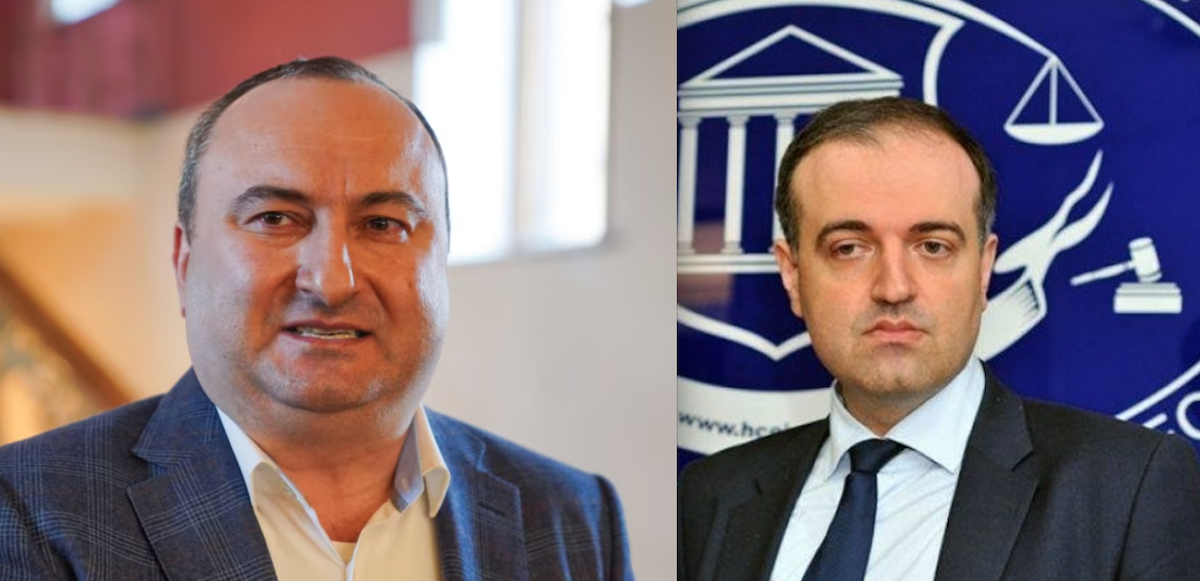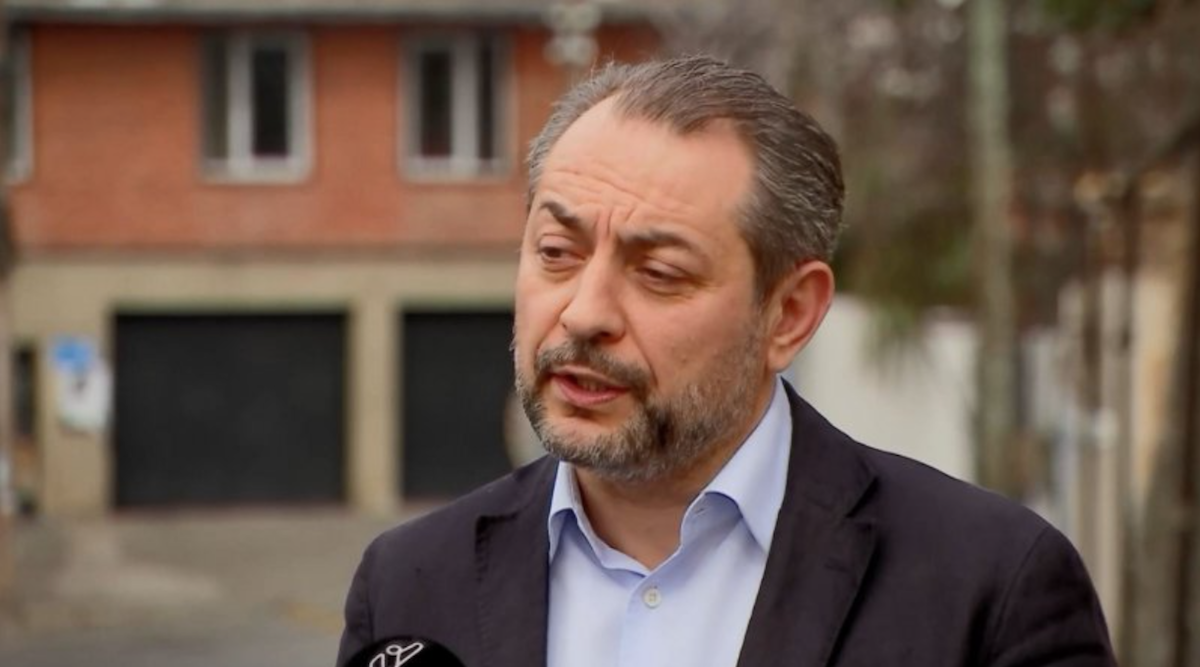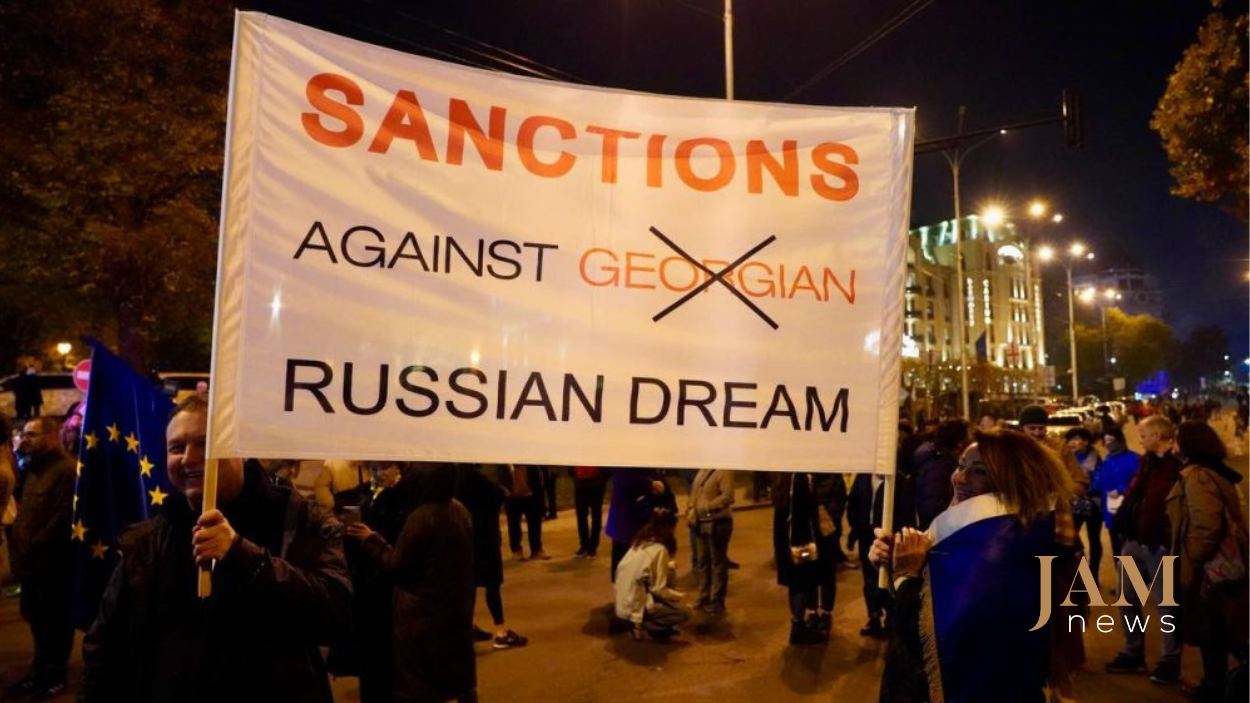'Violation of right to fair trial remains serious problem' — Georgian Young Lawyers’ Association
Report on issues in Georgia’s judiciary
The Georgian Young Lawyers’ Association (GYLA) has published a study on systemic problems in the judiciary, concluding that the violation of the right to a fair trial remains a serious issue in Georgia.
The report is based on 48 rulings handed down by the European Court of Human Rights against Georgia since 2004, most of which highlight shortcomings in the judicial system.
What does the study say?
● The report highlights unjustified court rulings, violations of the adversarial principle, lengthy trial delays, and the excessive influence of the High Council of Justice over judicial appointments. According to GYLA, these issues not only infringe on human rights but also threaten Georgia’s European integration process.
● Particularly concerning is Georgia’s record on implementing European Court judgments — the country ranks fifth from the bottom among Council of Europe members, ahead of only Malta, Albania, Azerbaijan, and the Russian Federation.
● Despite multiple reform efforts, Georgia’s judiciary still faces serious systemic problems — especially in protest-related cases, where administrative penalties are often imposed without justification, context is ignored, and the burden of proof is effectively shifted onto the citizen.
● Judges tend to rely solely on police testimony and fail to examine key circumstances of cases, which violates both national law and the standards of the European Court of Human Rights.
● Crucially, some judges responsible for flawed rulings remain in office — and many have even been promoted to senior roles in the judiciary.
The study also identifies further systemic issues, including:
● Unjustified court decisions – Rulings are often generic and templated, failing to address the arguments presented by the parties. Judges have been found to impose pre-trial detention without justification or issue the maximum possible fines without sufficient reasoning — practices that contradict European Court of Human Rights (ECHR) standards;
● Violation of the principles of equality and adversarial proceedings – This includes inadequate reasoning in court decisions, disregard for parties’ arguments, refusal to examine evidence, and arbitrary reclassification of charges;
● Delays in the delivery of justice – These lead to human rights violations, as the state has an obligation to organize proceedings in a way that ensures individuals can defend their rights within a reasonable timeframe;
● Excessive influence of the High Council of Justice – The body holds disproportionate sway over judicial appointments and reportedly uses disciplinary mechanisms to punish judges with critical views.
“In 2021, the Georgian parliament adopted legislative amendments in an accelerated manner and without public participation, reducing the independence of individual judges and expanding the powers of the High Council of Justice,” the report states. “This strengthened internal corporate governance and informal influence within the judiciary.”
Despite severely diminished public and international trust in the judiciary — reflected, for example, in sanctions imposed on Georgian judges by a number of Western countries — the ruling Georgian Dream party continues to reject the creation of a mechanism for vetting judicial integrity.
According to GYLA, the current state of the judiciary not only poses a threat to human rights protection but also limits Georgia’s ability to meet core European integration standards, particularly in relation to the rule of law and accountability.





















